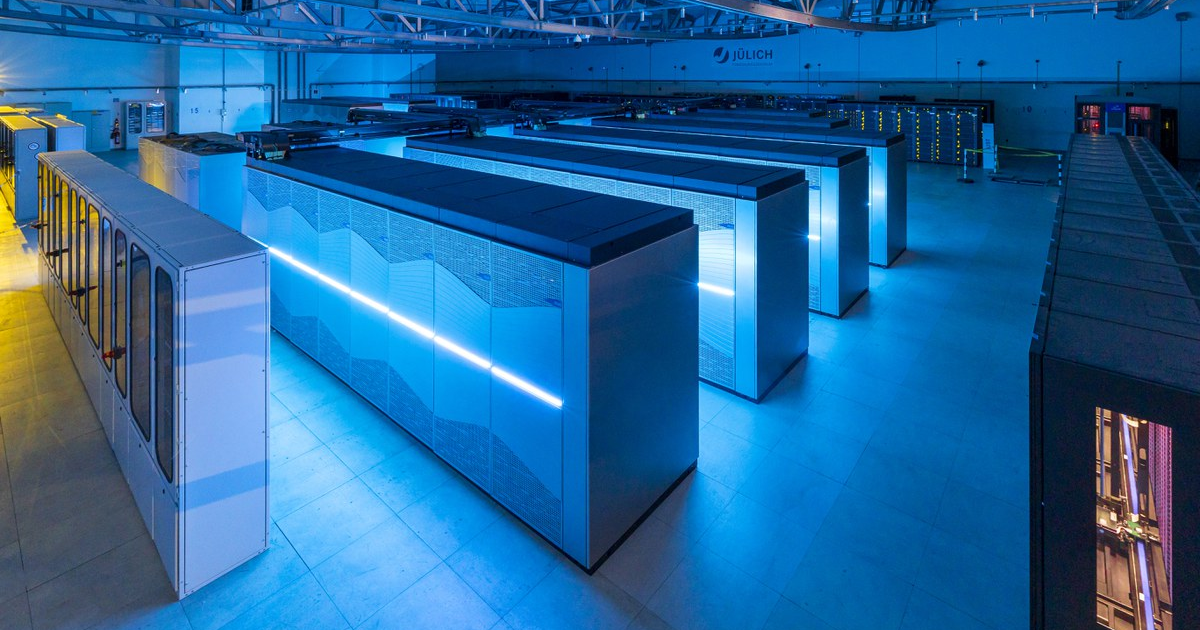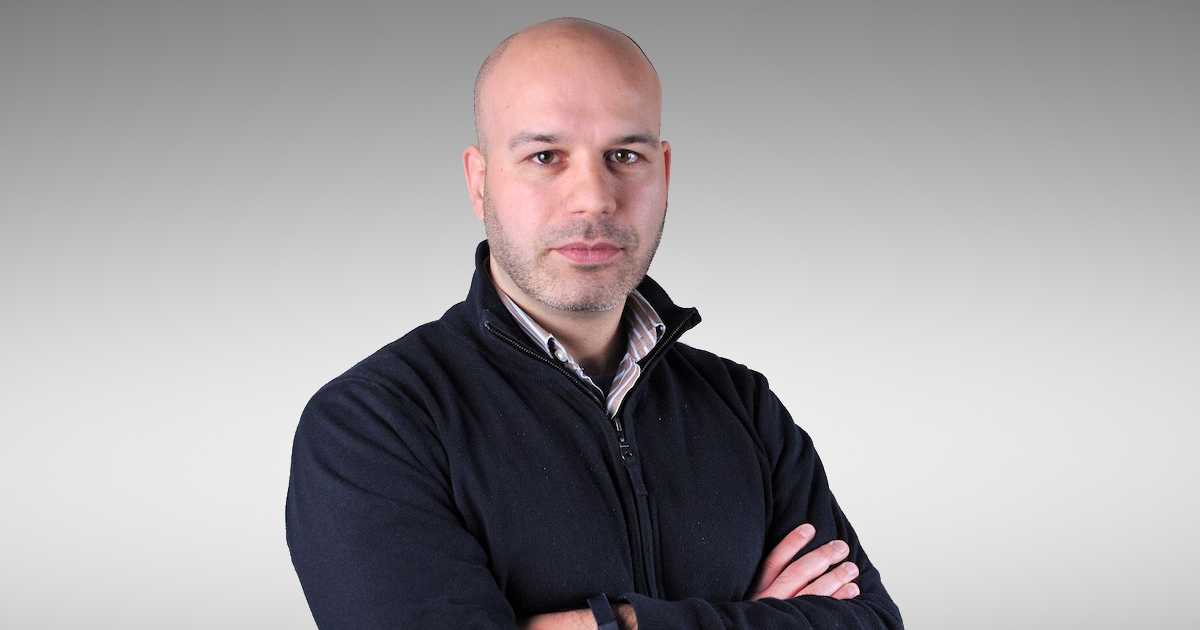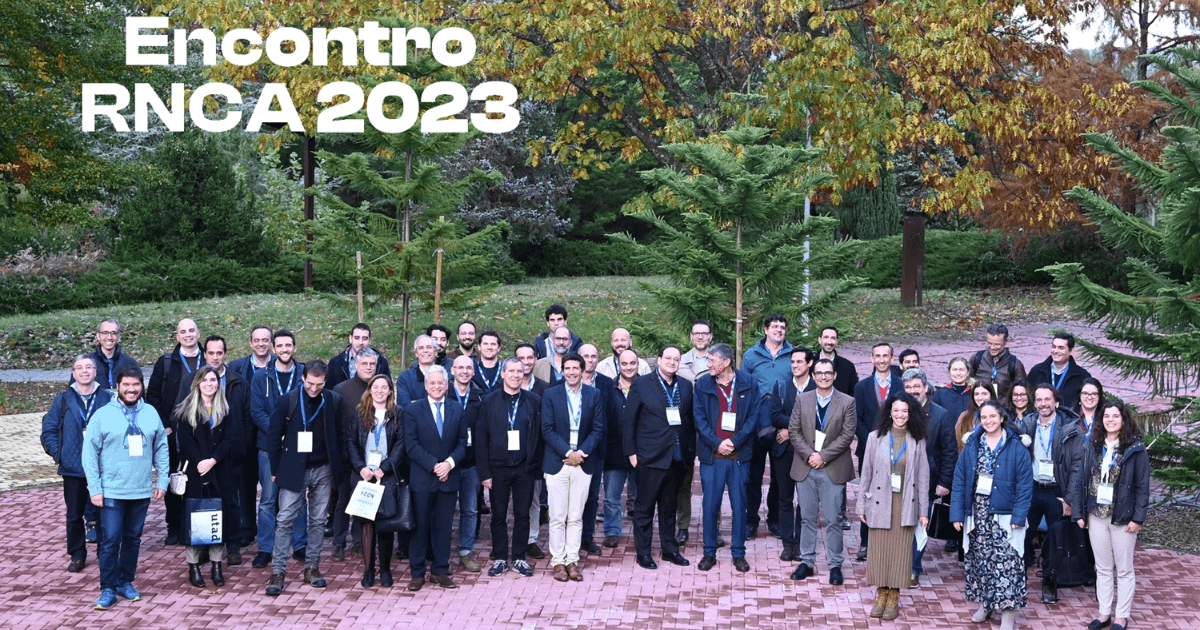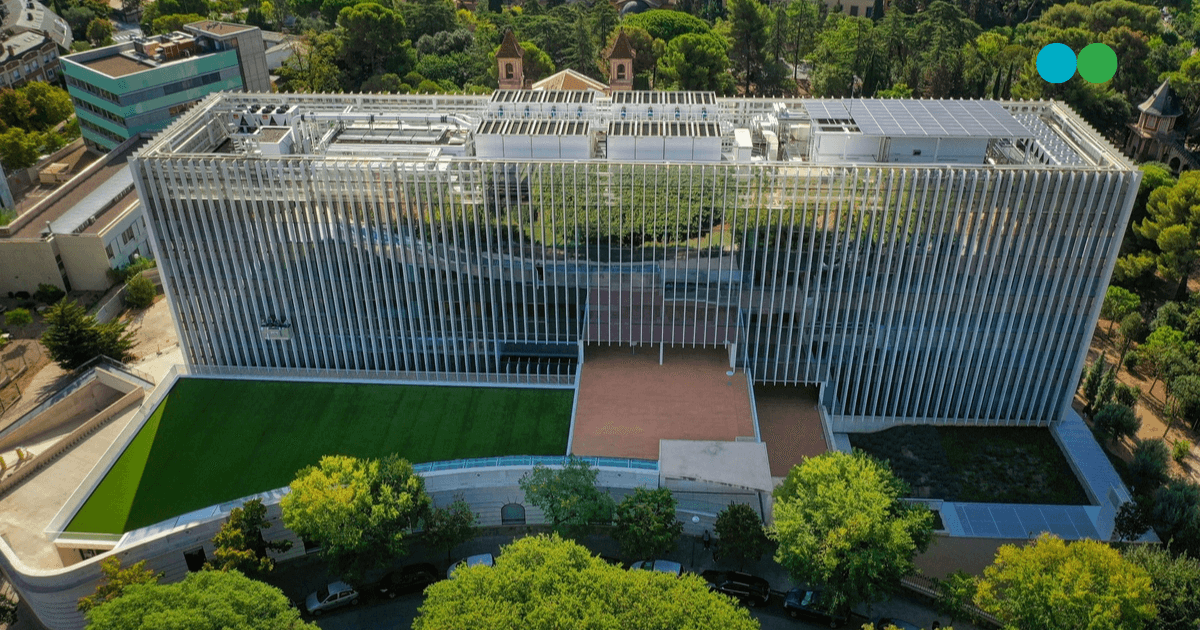It will be the first European supercomputer to break the exascale barrier, just days after the first machine (in the world) to do so was announced. The installation is planned for 2023, in Germany.
"Jupiter," the acronym for "Joint Undertaking Pioneer for Innovative and Transformative Exascale Research," was the name chosen for Europe 's first supercomputer capable of performing more than one trillion operations per second. It would take about 5 million modern laptops or PCs to match the power of this machine.
It was announced during the inauguration of LUMI - the current fastest (pre-exascale) supercomputer in Europe and the third fastest in the world - that Jupiter will be located in Germany. The construction of its own structure on the Forschungszentrum Jülich campus will be the first step in ensuring that the installation, scheduled to begin in 2023, is accomplished.
The ambition is for it to be operational a year later. As with other supercomputers owned by the entity, a dynamic and modular computing architecture is also planned for Jupiter. This means that there are clustered modules that guarantee an optimized response to complex simulations. This feature also translates the possibility of integrating future technologies, such as quantum computing. For now, it is guaranteed that Artificial Intelligence will be one of the big bets.
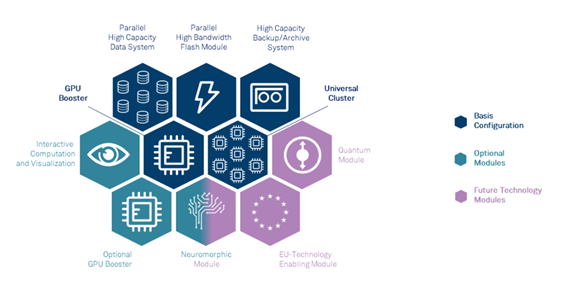
One of the great challenges of these machines is the energy consumption required to ensure their operation, and numerous efforts have been mobilized to maximize efficiency. Jupiter will be no different. Its average power is expected to be around 15 megawatts, making it "greener" than the American Frontier, which also holds the first place on the Green500 list, with its 19 megawatts.
On this path to supercomputers aligned with the need to protect and restore the environment, it is hoped that Jupiter can have a place on the podium of the most sustainable. The cooling system is expected to run on warm water and the "waste heat" will be reused.
This latest bid to make Europe a supercomputing reference requires an investment of 500 million euros, provided in equal parts by the Euro HPC JU and the Ministry of Research and Education of the German state of North Rhine-Westphalia.
